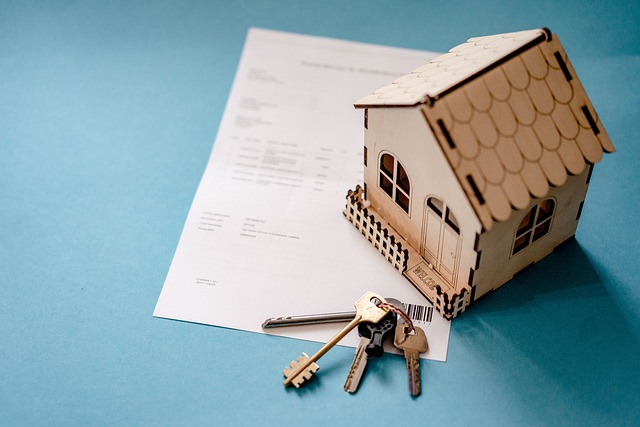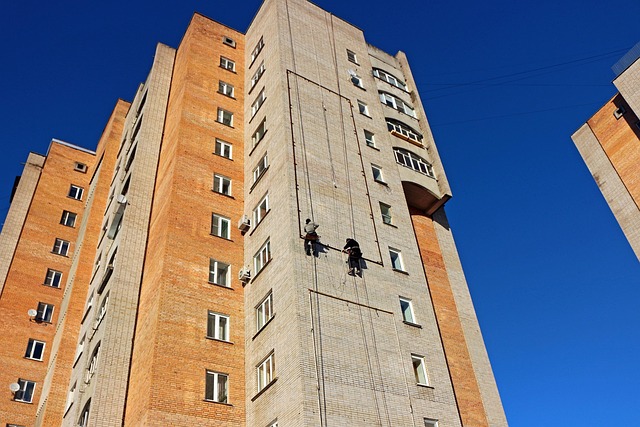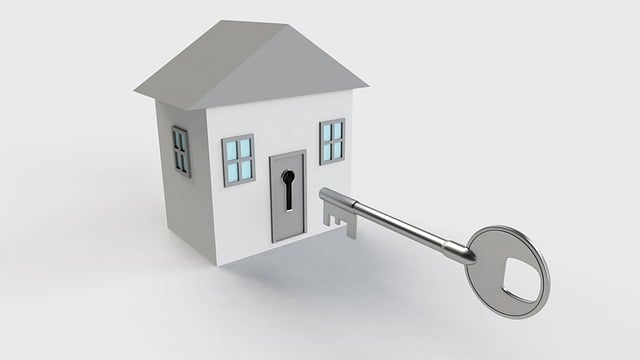Real estate buyers must account for hidden costs like closing costs, property taxes, and homeowners' association dues to avoid straining budgets. Informed decisions, guided by agents and lenders, ensure financial stability for managing homeownership commitments. Strategic approaches, such as negotiating terms and reviewing service providers, help minimize unexpected expenses in both rentals and ownership.
In today’s competitive real estate market, understanding hidden costs is crucial for prospective buyers. This article delves into the added expenses that can significantly impact your monthly mortgage payments. From closing costs to ongoing maintenance, we explore the various factors driving up costs in real estate. Additionally, we provide strategic insights and cost-saving tips to help mitigate these additional expenses, ensuring a smoother journey towards homeownership.
Understanding Hidden Costs in Real Estate

In the realm of real estate, it’s crucial to look beyond the listed price and understand that hidden costs can significantly impact your monthly payments. When considering a property purchase, many buyers are often surprised by unforeseen expenses that can add up quickly. These concealed costs may include various fees such as closing costs, property taxes, homeowners’ association dues, and maintenance charges. While these costs vary depending on the location and type of property, they are an integral part of homeownership and should be factored into any financial plan.
Delve into the details of each potential expense to avoid any nasty surprises. Real estate agents and lenders can provide valuable insights into these hidden costs, ensuring you’re fully prepared for the financial commitment ahead. In today’s market, being informed about these additional expenses is a game-changer, helping buyers make sound decisions and navigate the property ownership journey with confidence.
The Impact on Monthly Mortgage Payments

When additional costs are factored into the mix, it directly translates to higher monthly mortgage payments for homeowners. These extra expenses can stem from various sources, such as closing costs, property taxes, or even insurance premiums. In the real estate market, where properties are constantly in demand, these hidden fees often get rolled into the overall loan package, affecting the borrower’s financial obligations over the life of their mortgage.
As a result, prospective buyers should be prepared for unexpected outlays that can significantly impact their monthly budget. Understanding these additional costs beforehand empowers individuals to make more informed decisions when purchasing real estate, ensuring they have adequate financial resources to manage their long-term monetary commitments.
Strategies to Mitigate Additional Expenses

In the real estate sector, unexpected additional costs can significantly impact tenants and homeowners’ budgets. To mitigate these expenses, several strategic approaches can be employed. One effective method is to thoroughly review and negotiate the lease agreement or mortgage terms. Tenants might consider discussing with landlords the possibility of including certain utility costs in the rent instead of bearing them separately. Homeowners, when purchasing property, can explore options for more affordable loan structures or refinancing to potentially lower monthly payments.
Additionally, creating a budget-conscious mindset is essential. Regularly reviewing and adjusting spending habits can help identify areas where costs can be cut without compromising essentials. This might include comparing utility providers for better rates, negotiating with service providers, or adopting energy-efficient practices to reduce utility bills. Proactive financial management and informed decision-making are key to minimizing the impact of added expenses in both real estate rental and ownership scenarios.






